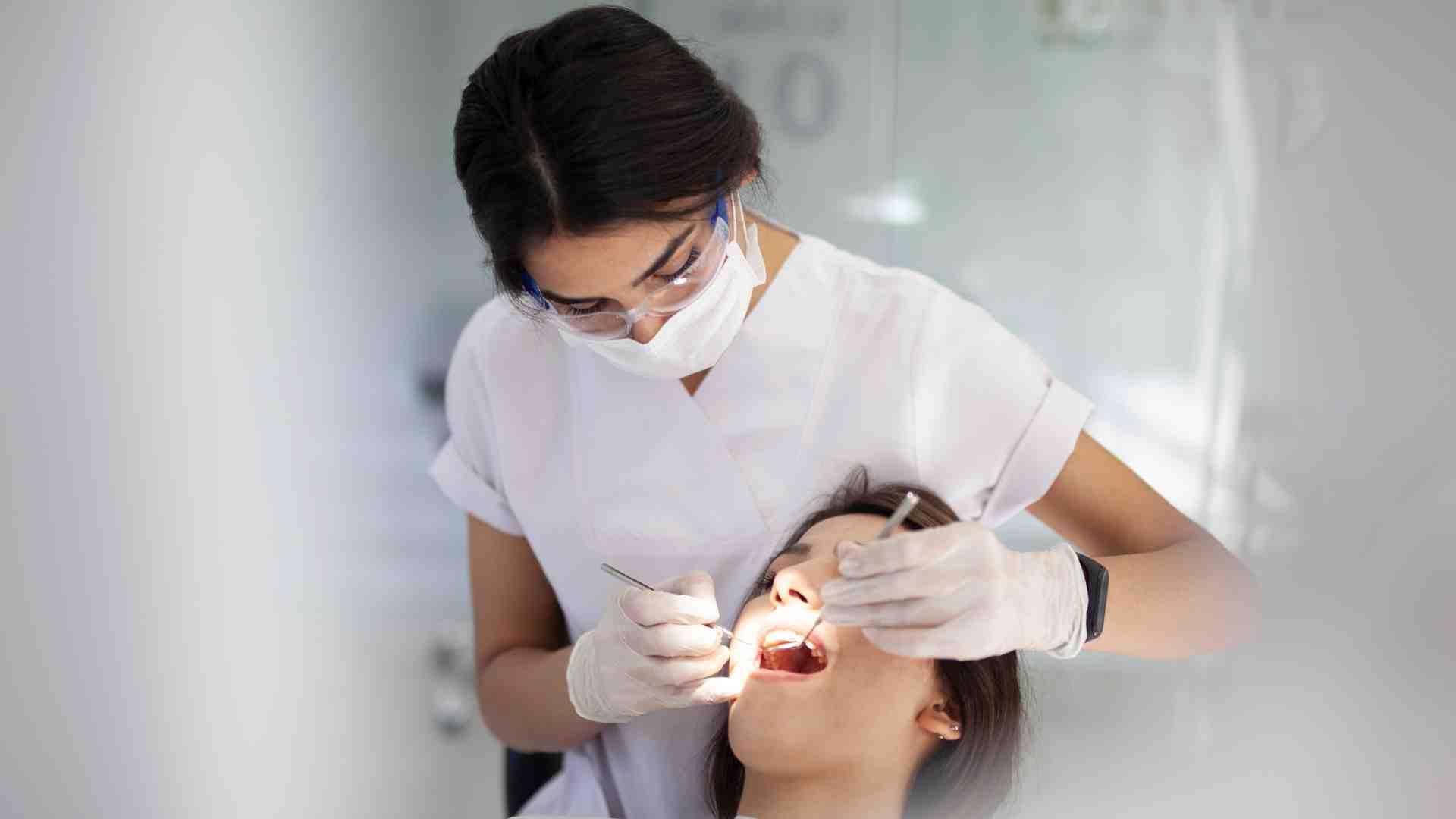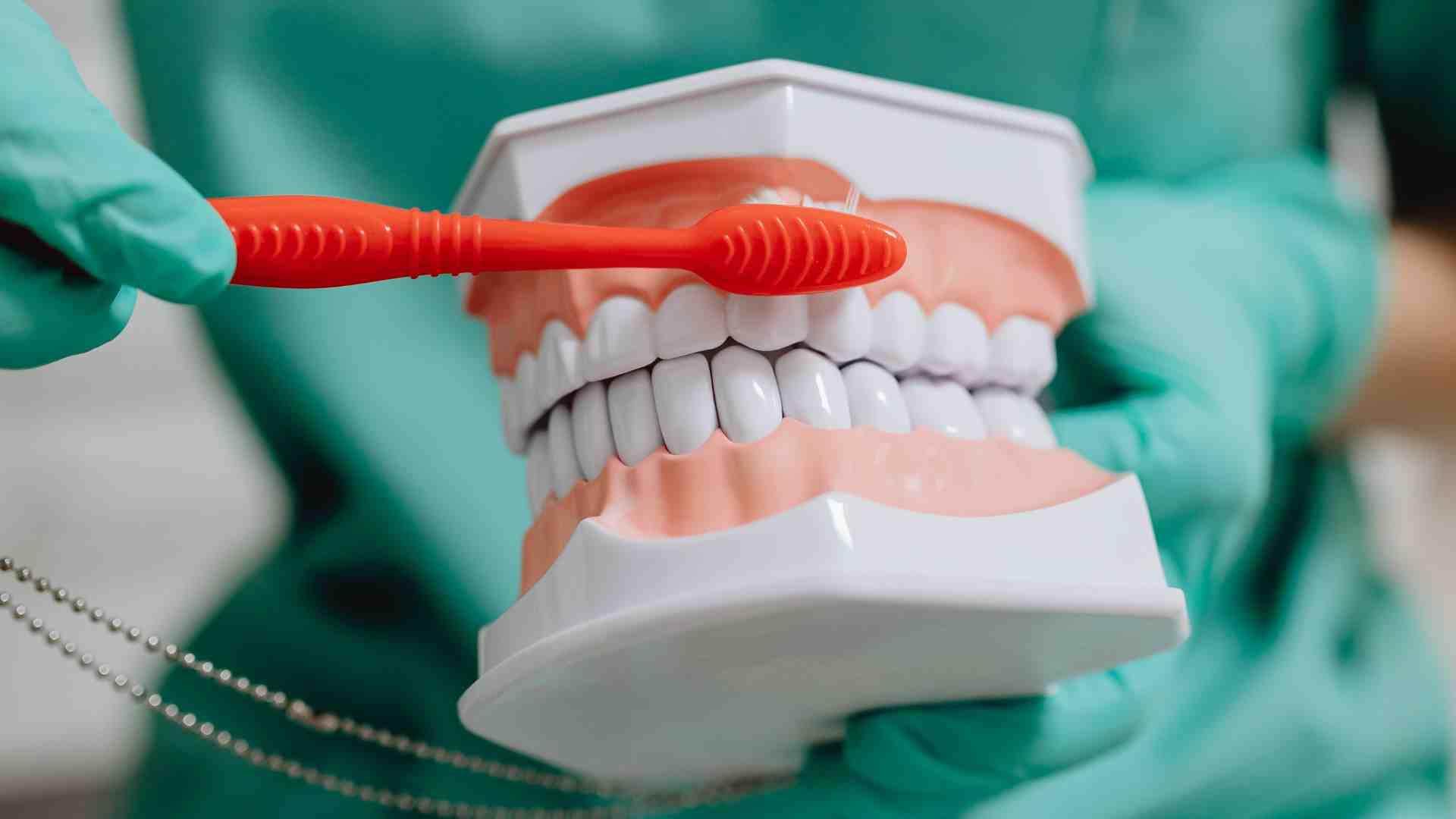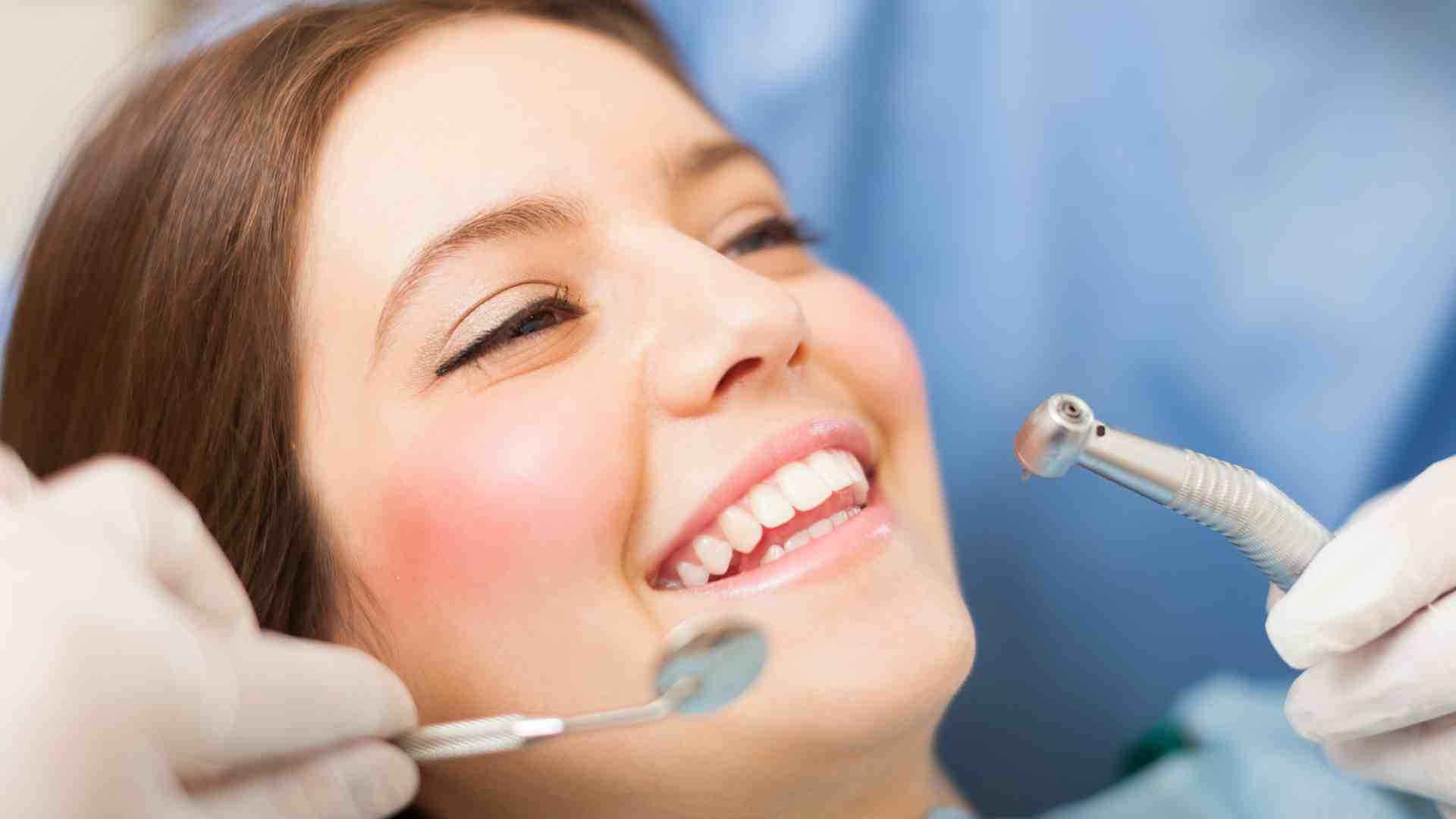How Does a Dental Hygienist Help Oral Health?

We all know we should brush twice a day, floss (even if we sometimes "forget"), and visit the dentist regularly. However, in the midst of all that, someone plays a quiet yet essential role in keeping your mouth healthy: the dental hygienist. So, how exactly does a dental hygienist help your oral health? More than you might think.
What Does a Dental Hygienist Do?
Dental hygienists are often the first people you see when you sit down in that reclining chair. But their role goes far beyond cleaning your teeth.
Cleaning That Goes Beyond Brushing
You can brush and floss like a champ, but some things don't budge with a regular toothbrush. Dental hygienists use specialized tools to remove hard plaque (also known as tartar) and stains from your teeth. That hard stuff that forms behind your bottom front teeth or along the gum line? Yeah, that's what they're tackling.
Spotting Problems Early
During a cleaning, a dental hygienist keeps an eye out for signs of trouble, like gum inflammation, unusual spots, or signs of tooth decay. They often catch issues before they become painful or expensive. Think of them as your mouth's early warning system.
Teaching You Without the Lecture
Have you ever had a hygienist show you a better way to floss or suggest a different toothbrush? They're trained to educate without making you feel bad. Whether it's recommending the right toothpaste or explaining how to clean around braces, they offer real-life advice that fits your lifestyle.
Real-Life Example: The Busy Mom Who Avoided a Root Canal

Let's talk about Sarah, a working mom with two kids. Like many of us, she skipped her dental cleanings for over a year. "Life got busy," she said. When she finally went in, her dental hygienist noticed a small spot between two back teeth. A follow-up with the dentist confirmed early decay, but it was small enough to treat with a simple filling. Had she waited longer, it could've meant a root canal. The hygienist wasn't just cleaning; she was the reason Sarah kept her tooth.
Why Regular Cleanings Matter
Preventing Gum Disease
Gum disease typically begins with minor issues, often starting with bleeding gums when brushing. But if left alone, it can lead to tooth loss. A dental hygienist removes the bacteria and buildup that causes this. Regular cleanings help keep your gums strong and healthy.
Keeping Bad Breath Away
Let's be real. No one wants bad breath. However, even if you brush, bacteria can still linger. Hygienists reach spots you can't, which helps keep your breath fresher longer.
Saving You Money in the Long Run
Catch a problem early, and it's easier (and cheaper) to fix. A filling costs less than a crown. A cleaning costs less than gum surgery. Dental hygienists help you avoid the big stuff.
A Personal Anecdote: My Wake-Up Call at Age 28
A few years ago, I was convinced I had great teeth. I brushed twice a day and flossed occasionally. I hadn't seen a dental hygienist in nearly two years. When I finally booked an appointment, I expected a quick polish and pat on the back.
Instead, I got a lecture-free reality check.
The hygienist showed me where my gums were pulling away slightly and pointed out areas where plaque had hardened. She explained everything simply and clearly. I left that visit with cleaner teeth, a better routine, and more motivation than ever to stay on track. Sometimes, you don't know what you're missing until someone shows it to you.
What to Expect During a Visit
If it's been a while since your last cleaning, don't worry. Here's what usually happens:
Your medical and dental history will be examined. Next, a quick check is performed for signs of gum problems. After that, the hygienist removes plaque and tartar. To remove surface stains, your teeth are polished. They do, in fact, floss in between their teeth. Finally, they may offer advice on brushing and flossing techniques. They may also apply fluoride or sealants, depending on your needs.
How to Maintain Dental Health in Between Visits
Dental hygienists don't just clean, they coach. Some of the best tips they often share include using a soft-bristled toothbrush because it's easier on your gums. They recommend replacing your toothbrush every three months or after being sick. Don't skip flossing. Do it before bed when you have more time. To wipe out food particles, drink water after meals. And cutting back on sugar and acidic drinks helps protect your enamel.
A Hidden Gem for Oral Care in Dubai

In certain parts of Dubai, there's a rising focus on high-quality preventive dental care. Some practices are recognized for going above and beyond in hygiene treatments, offering thorough cleanings and even personalized plans to help maintain oral health between visits. These types of clinics are becoming go-to destinations for individuals who prioritize long-term results over quick fixes.
It's easy to think of the dentist as the leading player in oral care. But behind every healthy smile is often a skilled dental hygienist quietly doing the work that prevents problems from ever starting. So next time you think about putting off that cleaning, think again. That visit could save your tooth, protect your wallet, and even boost your confidence. And if you haven't been in a while? That's okay. Start fresh. Book that appointment. Your mouth will thank you.
FAQs
1. What does a dental hygienist do?
A dental hygienist cleans teeth, removes plaque, checks for gum issues, and gives advice on oral care.
2. What tools do dental hygienists use?
They use scalers, mirrors, polishers, and sometimes ultrasonic devices.
3. Can a dental hygienist detect cavities?
Yes, they can spot early signs and alert the dentist for further checks.
4. Is teeth cleaning by a hygienist painful?
It shouldn't be. You may experience mild pressure or discomfort, especially if you have sensitive gums.
5. Do I still need to floss if I see a hygienist?
Yes, daily flossing helps maintain the work they do and keeps gums healthy.
- Art
- Causes
- Crafts
- Dance
- Drinks
- Film
- Fitness
- Food
- Spiele
- Gardening
- Health
- Startseite
- Literature
- Music
- Networking
- Andere
- Party
- Religion
- Shopping
- Sports
- Theater
- Wellness



